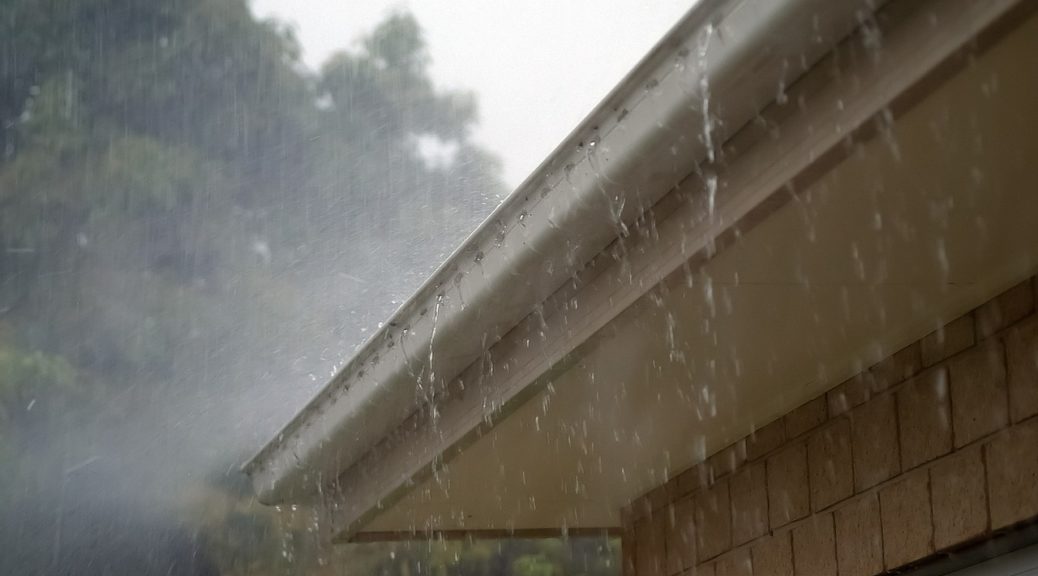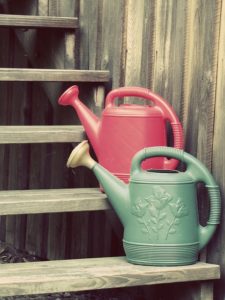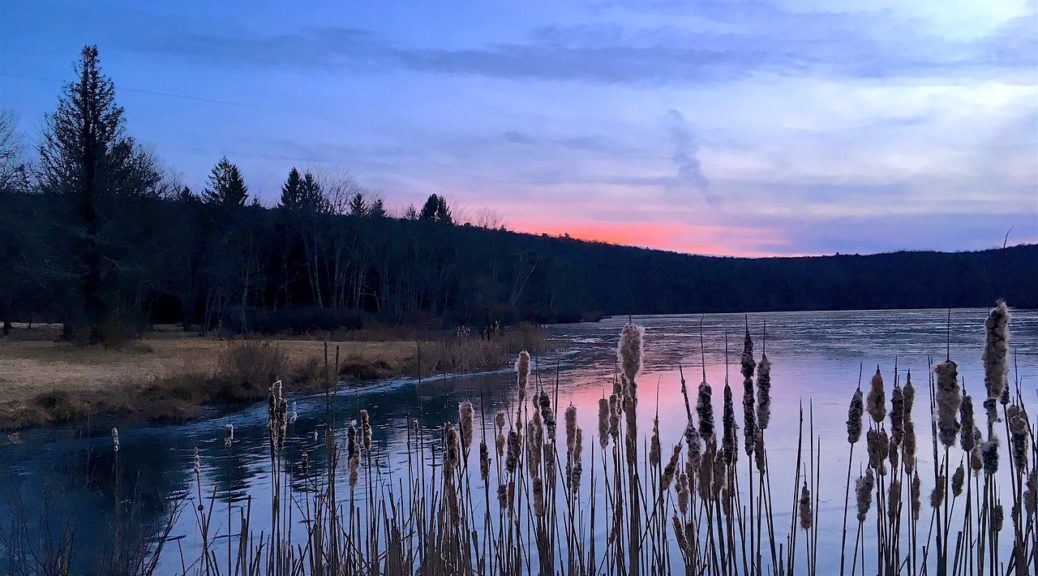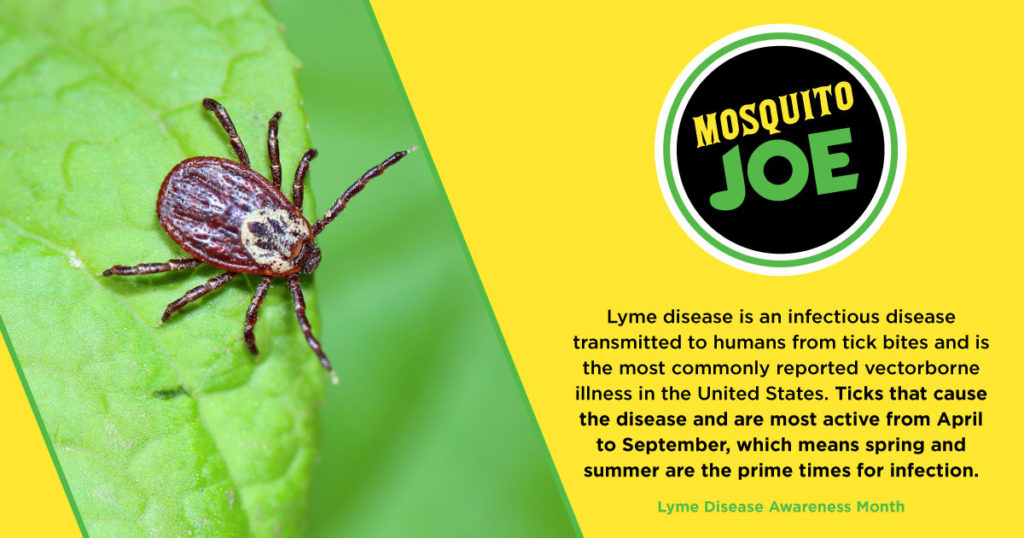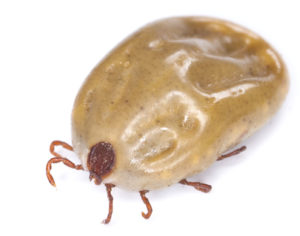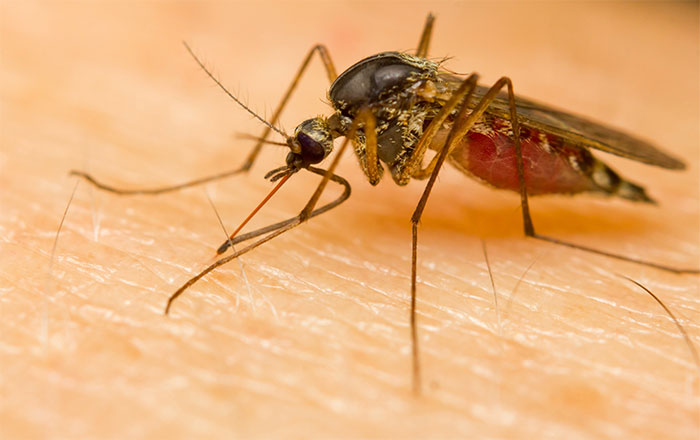Mosquitoes and Standing Water
Did you know that mosquitoes only need as much as a bottle cap full of water to lay eggs (up to 300)? Mosquitoes spend their first 10 days in water, which is necessary for the eggs to hatch into larvae. It’s important to be aware of this after a rain or cleaning up your backyard.
 We have compiled a list of items for you to check in your yard daily to be sure no mosquitoes are breeding in or around your yard.
We have compiled a list of items for you to check in your yard daily to be sure no mosquitoes are breeding in or around your yard.
- Get rid of any old items that can hold water such as old tires, buckets or cans.
- Be sure to empty any kids’ pools and toys. Turning them and leaving them upside down overnight can help drain any water.
- Check for excess water in any air-conditioning drip pans
- Clean out any standing water in flower pots.
- Be sure your hose is not leaking. That’s a sneaky culprit!
- Be sure your gutters are cleaned at least two times each year and have them checked more often if your area experiences heavy rains and winds.
- Keep garbage pails covered tightly.
- If you have a boat/canoe/ kayak in your driveway be sure it is covered or drained of any water.
- Change or drain tarps for firewood or outdoor pools. And be sure to check your barbecue cover daily for any pooled water.
- Avoid overwatering your lawn to prevent standing water and moist conditions in your yard.
- Run a filter and use a pool cover to minimize any mosquito activity. Mosquitoes do not lay eggs in disinfected or filtered swimming pools.

- We also recommend cutting your grass shorter. Short grass will help deter adult mosquitoes from hanging around, as they prefer to rest in cool, damp and shady places.
- Change the water in bird baths daily. We also suggest purchasing a water agitator for bird baths which attracts birds but discourages mosquitoes! You can purchase one on Amazon for around $20-30.
Be sure to follow our Facebook page and blog for updated information about ticks, mosquitoes, special offers and more.
If you have any questions or would like to book an appointment for service, please contact us at wayne@mosquitojoe.com.
We wish you a safe, happy and mosquito & tick-free summer!
 Outside is fun again.
Outside is fun again.
